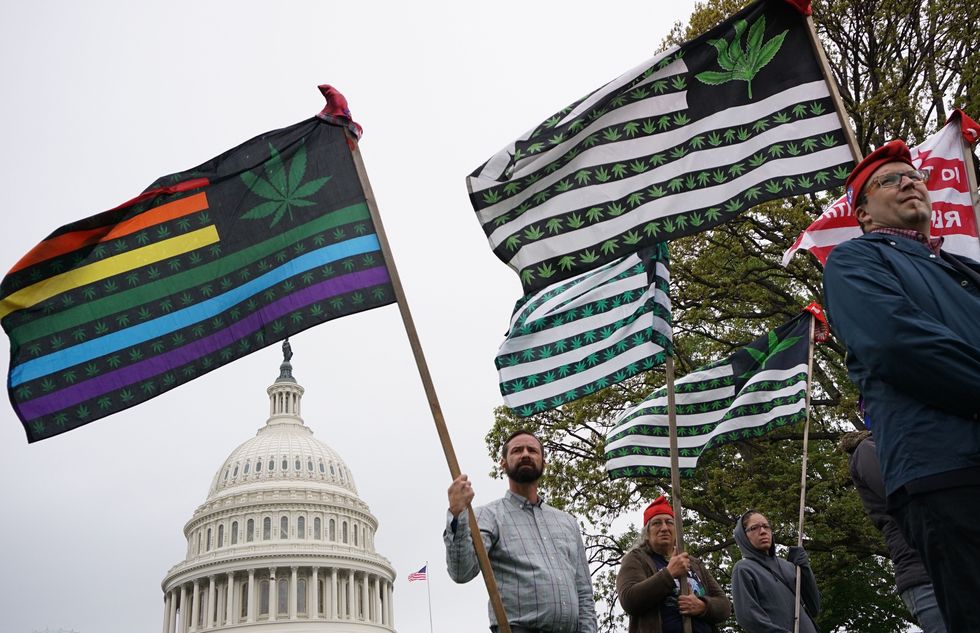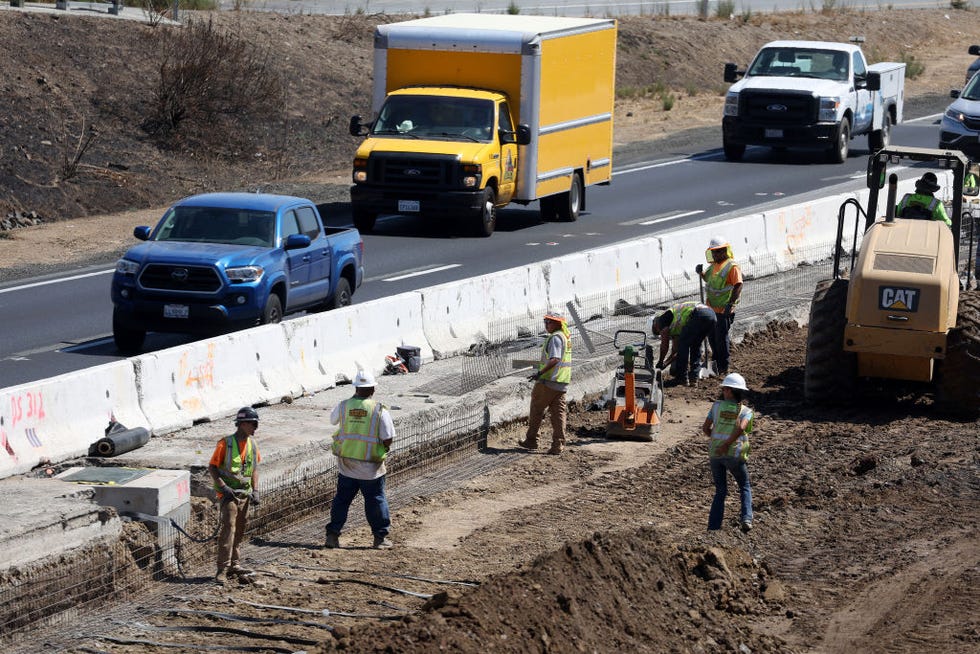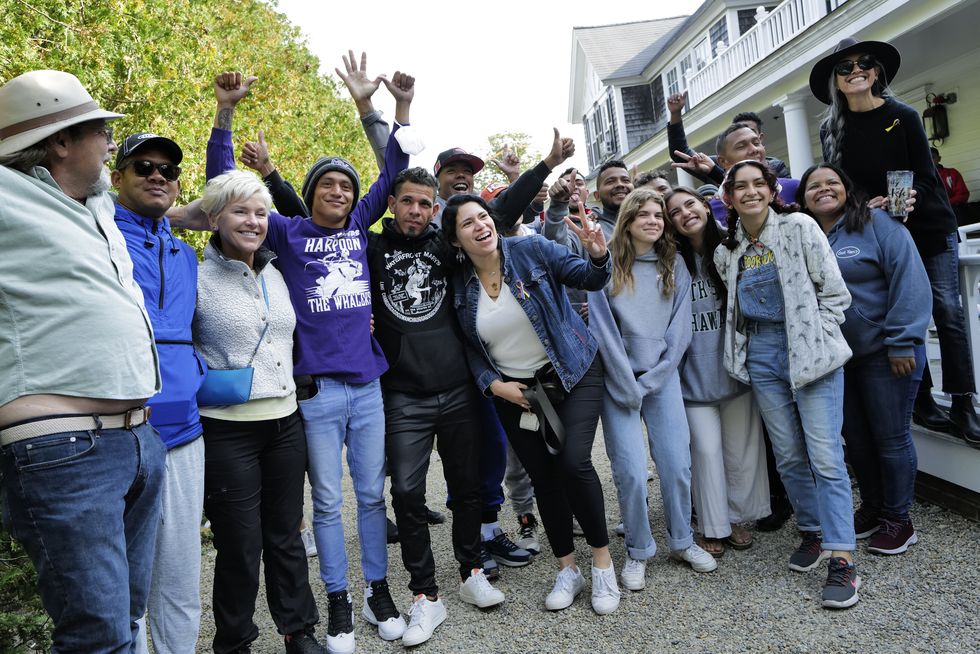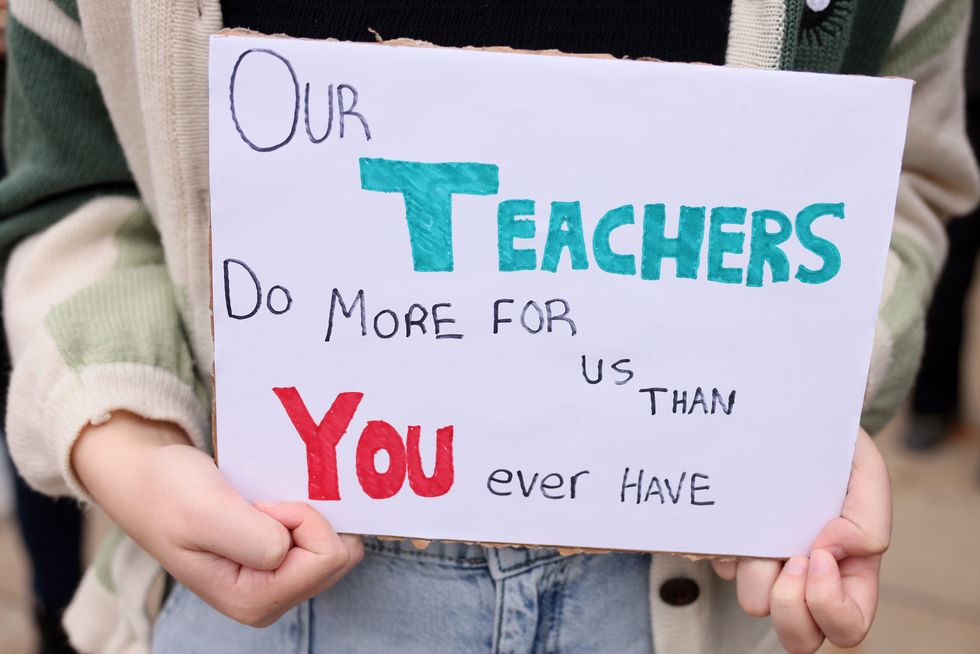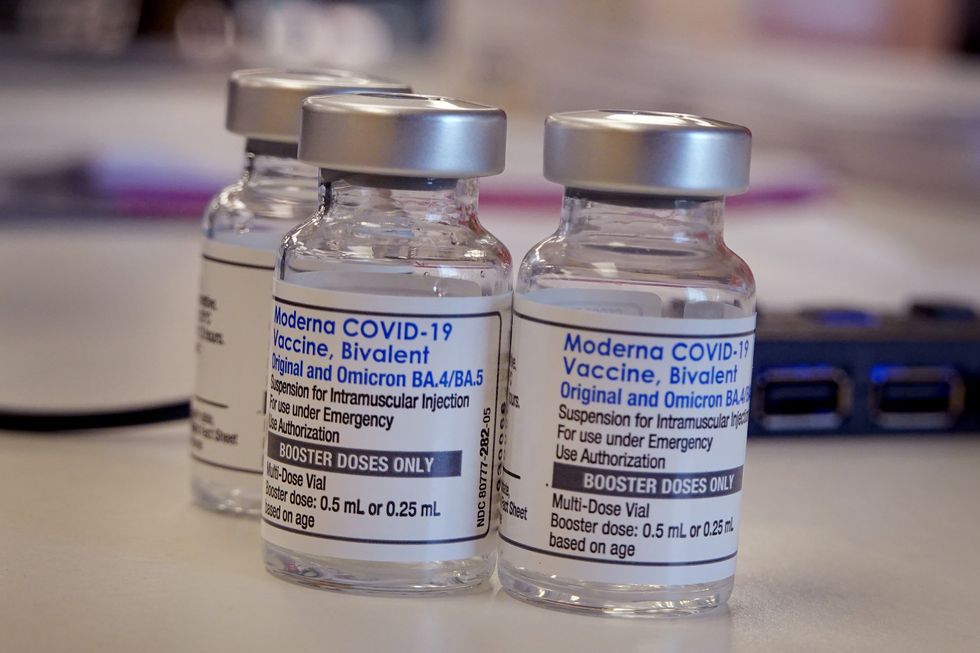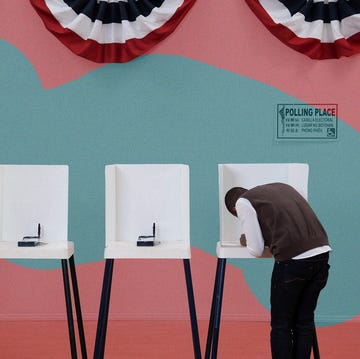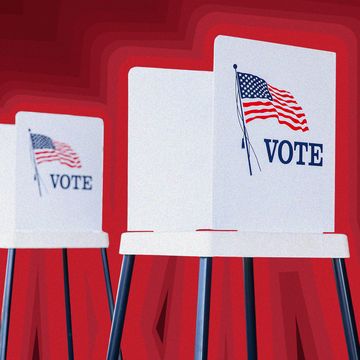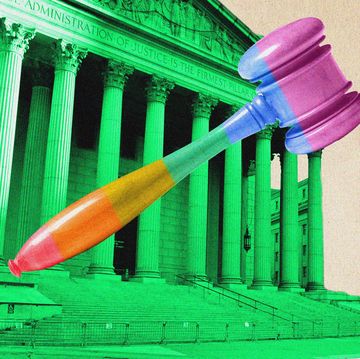With the U.S. midterm election coming up in just a few short weeks, we’re seeing certain political issues get a lot of airtime before voters head to the polls. Given all the economic, social, and environmental uncertainty nationwide, it makes sense that inflation, abortion, and climate change are all top of mind for Americans.
But there are plenty of other issues that also deserve voters’ attention before casting a ballot. Here are seven to dig into before making a decision.
Drug policies
In early October, President Joe Biden announced that he would issue an executive pardon for all prior federal offenses concerning marijuana use or possession. Nearly two-thirds of Americans supported the action.
However, such a policy move affects only a small number of people who are currently incarcerated for drug-related convictions. It’ll take more efforts on the federal, state, and local levels to impact more Americans, especially since the president can work only on specific federal policies. For instance, 38 states have legalized marijuana for medical use, and 19 of those have done the same for recreational use, but it’s far harder to decriminalize the drug and revisit thousands of cases nationwide.
There have been prior attempts at more movement in this space. In 2021, Democrats in Congress introduced the Drug Policy Reform Act to decriminalize all drug possession and focus on health-centered approaches to drug abuse, but there’s been little done on getting the bill passed since then.
Infrastructure
Fixing public infrastructure, like roads, bridges, sidewalks, and sewage systems, across the United States has become a legislative priority in recent years. Engineers estimate that it’ll take roughly $2.6 trillion to fix these issues over the next decade.
Small steps are already moving ahead, starting with the $1 trillion infrastructure bill that Democrats passed earlier this year, though they’ve made it clear that it’s the start of a long process. Just this month, for example, Biden announced that he’d allocate billions of dollars to fixing roadways and bridges across the country. However, there are still many questions surrounding if more needs to be done or what exactly these projects will entail. Plus, who’s going to make sure that those plans are completed? That’s where legislators at the local, state, and federal levels come in.
Gun violence
On top of the horrific massacres in Buffalo, New York; Uvalde, Texas; and Highland Park, Illinois, this spring and summer, gun violence continues to be a daily occurrence in many communities across the U.S. While rates of gun-related deaths are lower than in previous decades, the Pew Research Center reports that there were still 6.2 gun murders for every 100,000 people in 2020. According to the Institute for Health Metrics and Evaluation, out of 64 of the wealthiest countries globally, the U.S. ranked eighth for gun-related homicide. And while there’s no official definition of a mass shooting, the Gun Violence Archive, a nonprofit that closely follows gun violence in the U.S., considers an incident where at least four people are injured or killed to be a mass shooting. With these metrics, the Gun Violence Archive has tallied more than 500 mass shootings, with 16 of those including five or more deaths.
There have been recent signs of improvement. Back in June, with the help of Congress, Biden signed the first major gun safety bill in three decades, which incentivizes red flag laws, keeps people with domestic abuse convictions from owning guns, and expands background checks for people between the ages of 18 and 21 looking to purchase a firearm. While federal efforts to expand gun control legislation haven’t gone far, there have been a number of state laws that have been passed in the hopes of curbing gun violence. For instance, the state of Vermont banned the transfer of firearms between unlicensed people, while California got rid of firearm-related marketing that targets minors.
Immigration
It’s been a decade since the Deferred Action for Childhood Arrivals (DACA) policy was enacted to give some legal status to undocumented immigrant children living in the U.S. However, experts point out that there’s still a long way to go in terms of expanding and codifying immigration programs like DACA. Moreover, there are ever-present concerns that DACA could be changed or terminated entirely at any time.
There’s also been additional resistance to immigration reform over the past several years. From Florida Governor Ron DeSantis’ political stunt of sending a group of recent immigrants to Martha’s Vineyard to Texas Governor Greg Abbott following in DeSantis’ footsteps by busing 50 Venezuelan migrants to Vice President Kamala Harris’ home in D.C., to the devastating story of 47 migrants being found dead in a truck while trying to cross the U.S.-Mexico border, the conversation has never been more urgent.
Education reform
Student debt forgiveness has been a major centerpiece of President Biden’s agenda during the first half of his term. However, there are several other key issues unfolding on the education front that deserve more attention. Nationwide teacher shortages were exacerbated by the pandemic, and few communities have found long-term solutions that ensure adequate wages, benefits, and working environments for educators. In 2022, teacher strikes took place in Los Angeles, Denver, and Chicago, to name a few cities, and there could be even bigger protests to come in the future.
Another huge topic of discussion is book bans taking place at schools, libraries, and learning centers across the country. These have largely targeted works dealing with gender identity, sexual orientation, and race. So far, laws promoting book bans — as well as legislation fighting against them — have largely been enacted at the local and state levels. Congressional and gubernatorial interference in the future may be more crucial on the issue.
Foreign policy
Russia’s war on Ukraine is still ongoing, North Korea is upping its missile tests, and the Organization of the Petroleum Exporting Countries (OPEC) recently announced that it’s going to continue decreasing its oil production. All of these issues may sound unimportant because they’re not happening directly on American soil, but it’s crucial to consider how they could affect the U.S. now and in the future, as well as how political leaders will respond.
Covid-19
It sounds strange to say that the pandemic isn’t center stage at this point. But considering that mandates for masks and Covid-19 vaccines have been lifted in large swaths of the country, it doesn’t hold the same resonance that it did during the 2020 election.
On top of the fact that many populations, such as the disability community, are still facing major uphill battles, long Covid is becoming an increasingly big concern for millions of people in the U.S. In fact, researchers believe that roughly one in five American adults who have had Covid is suffering from the symptoms of long Covid, which can include brain fog, a loss of smell and/or taste, and respiratory problems. However, there haven’t been too many major policy updates in terms of how to help those dealing with Covid for the months or years ahead; Democrats dropped their major pandemic aid provision from a $1.5 trillion spending bill in March in order to make sure the rest of the bill was able to pass.
Lily Herman is a New York-based writer and editor. You can find her on Twitter.
Get Shondaland directly in your inbox: SUBSCRIBE TODAY

